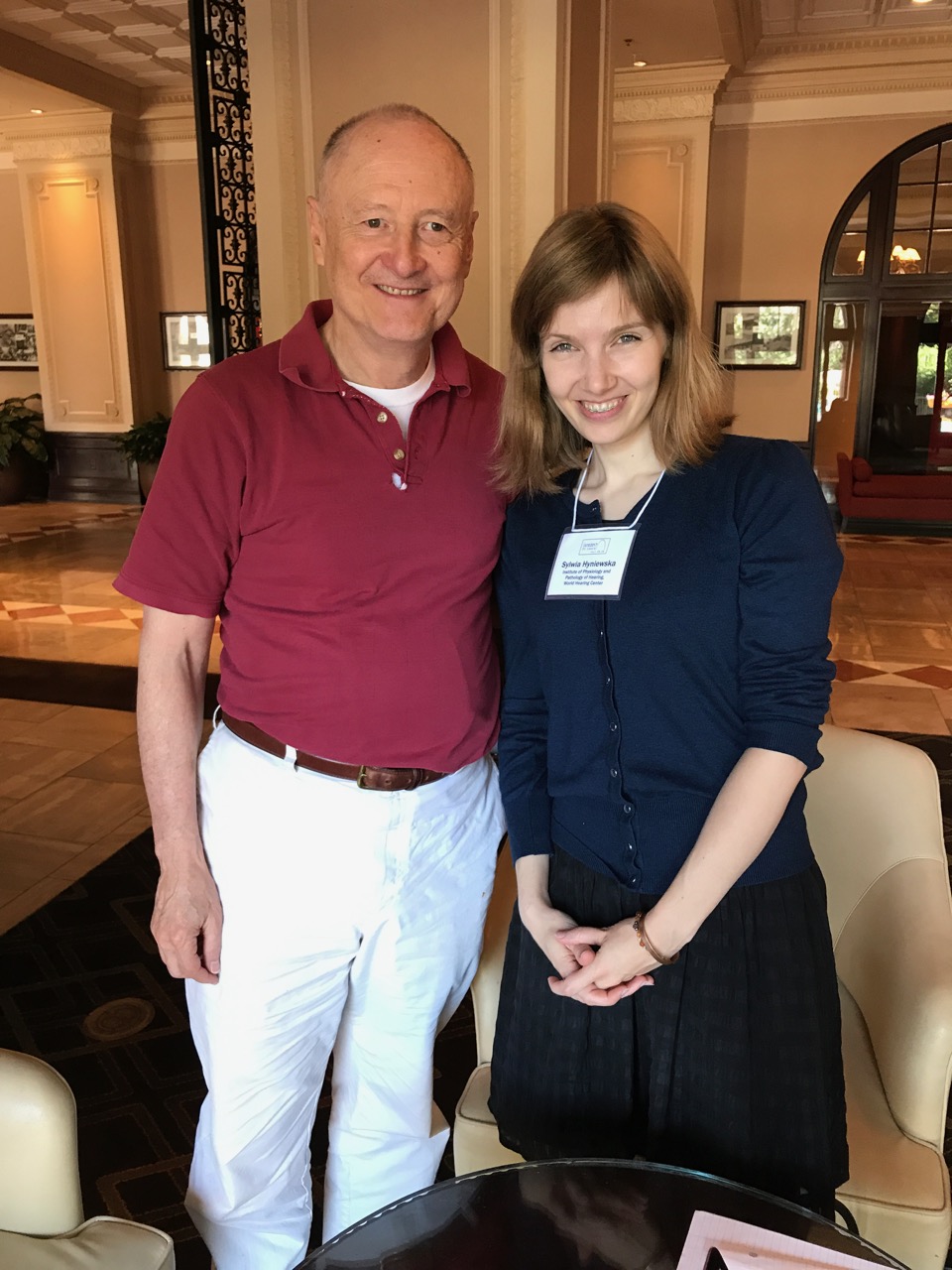Already mid-February! A good time to see whether I’m on track for my 2015 plans.
I’ve never published my personal progress reports online before. But I wanted to take a detailed look at the last few weeks. And it might be helpful to some of my collaborators, stakeholders, clients or customers, who only see a certain slice of my life. Also, it will give you a picture of the R&D behind the products I develop. I run different facets of my projects through different organizations ( CogZest, CogSci Apps Corp. and Simon Fraser University). It also illustrates the variety of tasks that small business leaders engage in.
Continue reading My 2015 Progress Update (to Feb 15)


